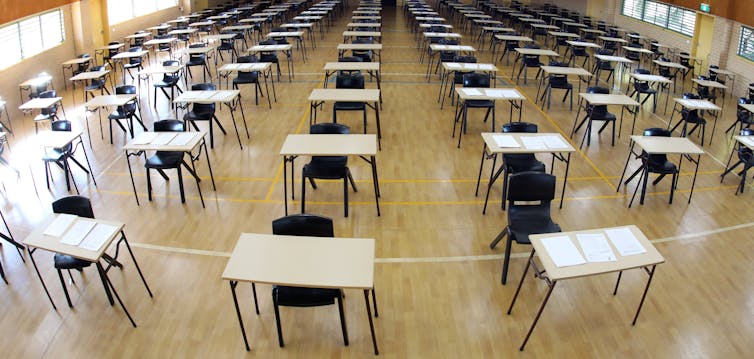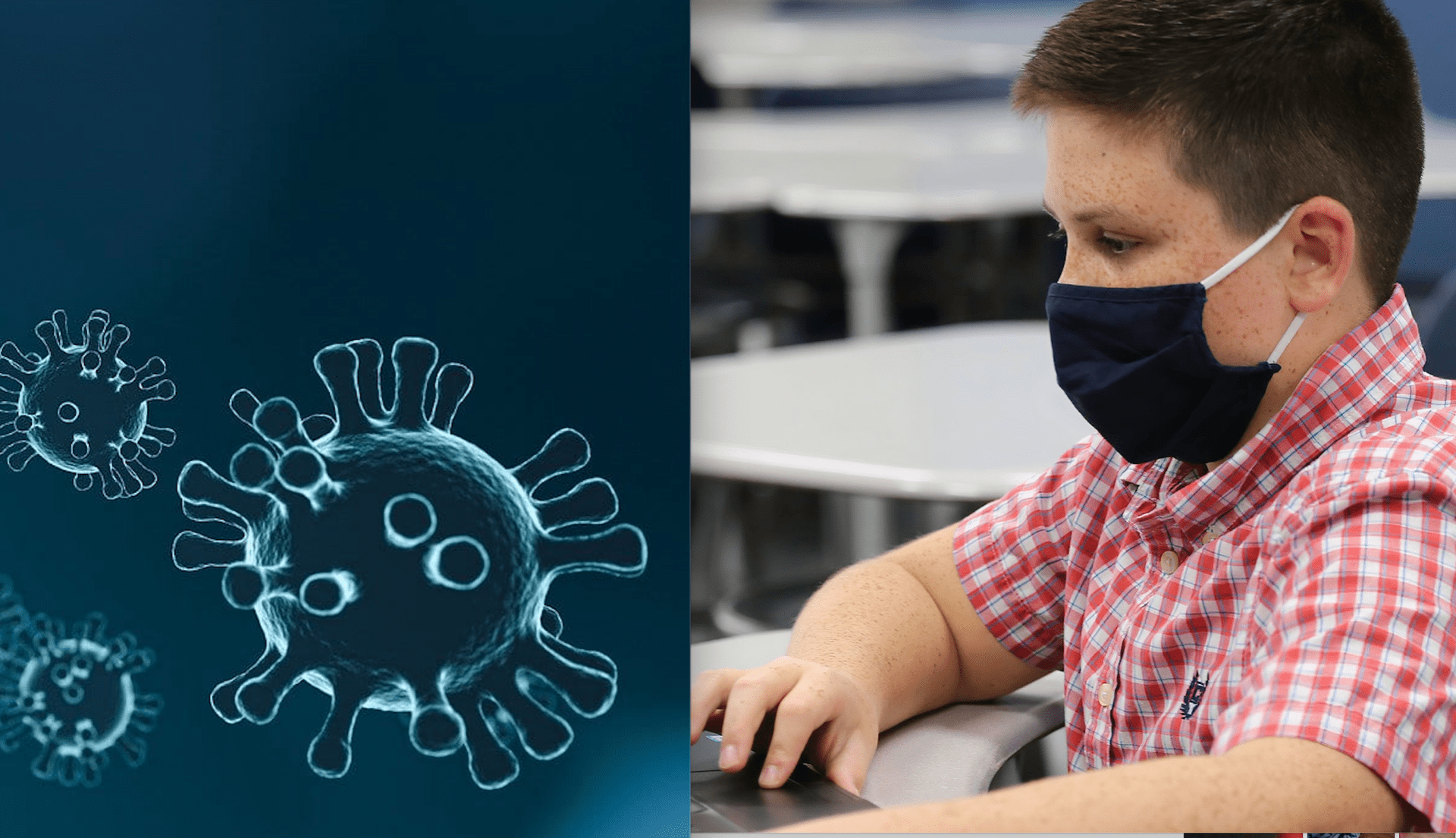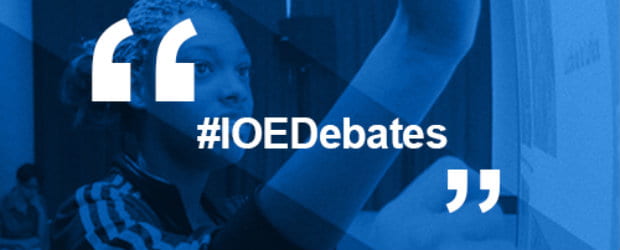Teachers under pressure: working harder, but with less control over how they do their jobs
By Blog Editor, IOE Digital, on 20 January 2021
20 January 2021
It must be exhilarating, if challenging, to set out for the first time on a teaching career in Britain’s schools. But, from eye-witness reports in recent years, for some new recruits the strains are not long arriving. Now, as a new term gets underway, the chaos surrounding the pandemic can only be adding to the pressures that teachers have laboured under for a long time.
The stats suggest that dissatisfaction is not confined to an unhappy few. In England, among the newly qualified teachers in 2014, some 14 percent had left after a year; after five years, a third had gone. It seems quite a waste. Teacher retention has been declining for some while, and had fallen yet again in 2019 — despite attempts to stem the tide.
What is it about the job of teaching nowadays (more…)
 Close
Close










